The Writing Life of: Nikki Marmery
Nikki Marmery
This week I am thrilled to be interviewing author Nikki Marmery. Nikki Marmery will be sharing with us details of her writing life, telling us all about her new book ‘On Wilder Seas‘, which was released on 16th March 2020, and answering a few fun questions too. This post contains affiliate links.
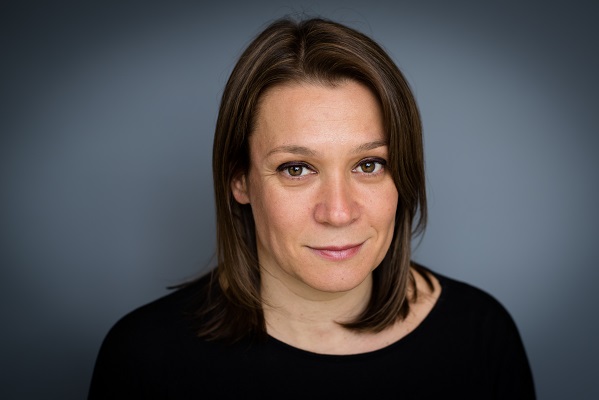
Nikki Marmery worked as a financial journalist for 15 years, specializing in credit derivatives and foreign exchange markets. The financial crisis, followed swiftly by the arrival of three children, put an end to that, and she now writes historical fiction from a small village in the Chilterns.
Her first novel, On Wilder Seas, was published by Legend Press in 2020. Inspired by a true story, it tells the tale of Maria, the woman who sailed on the Golden Hind during Francis Drake’s famous circumnavigation voyage. Earlier drafts of the novel were shortlisted for the Myriad Editions First Drafts Competition 2017 and the Historical Novel Society’s New Novel Award 2018. In July 2020, it was selected for the Wilbur & Niso Smith Foundation’s #AdventureSociety book club.
1) Did you enjoy writing when you were a child?
I loved writing as a child – though more non-fiction than fiction. When I was about 10, I used to write a newsletter called The Saturday Weekly, which carried the biggest stories of my week. There was news (mostly reports of bike-riding and tree-climbing), cartoons of my cats’ antics and a feature called ‘Pigs of the Week’ (won almost every week by my sister, for various acts of sibling terror). I also used to write terrible poetry.
2) Which author shaped your childhood?
It’s hard to narrow down my favourite authors. I read avidly and was a member of three different libraries to maximise borrowing. CS Lewis’s Narnia books (my favourite, of course, was Voyage of the Dawn Treader), the Professor Branestawm series by Norman Hunter, and Penelope Lively’s historical novels stand out. But the books I read over and again were the Asterix books, by René Goscinny & Albert Uderzo. They had a huge effect on my love of history and humour, knowledge of the ancient world, and the delights of feasting on whole wild boars.
3) What motivated you to begin your first novel?
I first read about Maria, the real-life heroine of my novel, in a popular history book. It was a throwaway line that mentioned the African woman Francis Drake picked up, then abandoned on a desert island – heavily pregnant – during his circumnavigation voyage in 1579. I was so horrified I sought out the original manuscripts of Drake’s voyage which reference Maria – or ‘a proper negro wench’ as the writer calls her.
At this point, I wasn’t aiming to write a book. I just wanted to know everything about Maria’s life. Where had she come from? What happened to her after she was abandoned? But there was very little information: the recorded facts of her life are scarce. So instead, I read as much as I could about women who lived lives like Maria’s in colonial New Spain. And what I discovered astonished me.
Through court transcripts, wills and other primary sources, I read the words of active, forceful women who launched property suits, fought witchcraft hearings, defended blasphemy and bigamy charges; who had freed themselves from slavery, built businesses and left inheritances. As I saw Maria in a new light, no longer the passive victim described in the English records, I glimpsed a story that I wanted to read: of a wily and courageous woman, who refused to accept the oppressive circumstances of her life and defied the odds to free herself. Those are the stories that interest me.
4) Do you plot your book, or are you a pantser?
I very much ‘pantsed’ this novel. I had a bare outline of the plot, since it followed the real voyage of the Golden Hind. But it was Maria I was interested in and the story that grew from my research was informed by her background and experiences. I’ve since learned that plotting prevents a lot of the problems I faced when editing the novel, so although it doesn’t come naturally to me, I now plot much more thoroughly.
5) What is your average writing day?
I am not a morning person, and though I have always admired those writers who get up at 5am and write for two hours before they start the day job, I assumed it was not for me. But during lockdown, freed from the usual routine of getting my three boys up, dressed, and out to school, or to weekend football matches and practice, I found that if I started writing as soon as I woke up, I could get 500 words down before getting out of bed.
Often, those will be the only words I write at all, because the rest of the day is spent wrestling with home-schooling or forcing the children to walk the dog with me or emptying the dishwasher for the thousandth time. But even then, my subconscious is at work, reviewing and adding to those early words. I’m still not a morning person, but I’m definitely converted to morning writing.
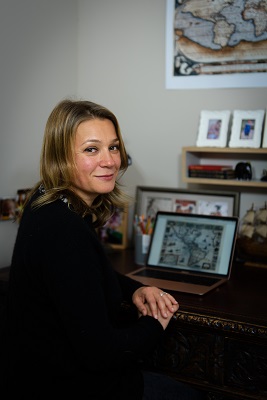
Where Nikki Marmery Writes
6) What is the best thing about being an author?
Without doubt, it’s hearing from people who enjoyed my book. I spent so long writing on my own, not showing my work to anyone, that it feels like an immense privilege that it is read at all. Through Twitter or Instagram, I might hear from people who have connected with my book in a meaningful way, and it is such an unexpected joy. A (nice!) Goodreads or Amazon review has the power to lift my day and motivate me to keep struggling with my current work in progress. I love it.
Publisher – Legend Press
Pages – 308
Release Date – 16th March 2020
ISBN 13 – 978-1789551136
Format – ebook, paperback, audio
Synopsis
April 1579: When two ships meet off the Pacific coast of New Spain, an enslaved woman seizes the chance to escape. But Maria has unwittingly joined Francis Drake’s circumnavigation voyage as he sets sail on a secret detour into the far north.
Sailing into the unknown on the Golden Hind, a lone woman among eighty men, Maria will be tested to the very limits of her endurance. It will take all her wits to survive – and courage to cut the ties that bind her to Drake to pursue her own journey. How far will Maria go to be truly free?
Inspired by a true story, this is the tale of one woman’s uncharted voyage to freedom.
Purchase Online From:
7) How did you go about researching the content for your book?
It was a daunting task. I’ve mentioned that I started with the original records of the voyage of the Golden Hind. They’re kept at the British Library, and it still astonishes me that I’m allowed to hold these precious, hand-written manuscripts. I also read the contemporary accounts of Drake’s voyage in early books such as Richard Hakluyt’s Principall Navigations (1589), The World Encompassed, in 1628, and the first mention of Maria in print, in the histories of William Camden in 1615.
Maps played a huge role in my research. Part of my novel unfolds at Nova Albion, the colony Drake founded somewhere on the northwest coast of America. But there is no certainty over where he landed, and unpublished early maps linked to Drake place it much further north than California, which claims the landing place today. This dispute sent me on an enjoyable diversion to see the two surviving terrestrial globes made by Emery Molyneux, who knew and sailed with Drake – and who marked the track of his famous voyage on them.
I read the journals of other Elizabethan adventurers, accounts of early travellers in America, and the records of African women, free and enslaved, in the Spanish New World. I read oral tales and folklore of the people who lived in the path of the Golden Hind, from Chile to Alaska, to try and understand their worldviews. Most painfully of all, I read early descriptions of the abhorrent business of slavery, including John Hawkins’ own accounts of his slaving voyages, and the first book on slavery in the colonial Americas, published by Alonso de Sandoval in 1627. Many of the harrowing details in my novel were sourced from these eye-witness accounts.
8) How long did it take to go from the ideas stage to writing the last word?
Seven years! But during that time, I had a third baby, studied creative writing, and had two other small children to look after. For a long time, I only had one day a week to work on the book, and I’d go to the British Library, where it was wonderfully quiet, and no one cried or needed their nappy changing.
It was frustrating, as it often felt like I had only just got going before I’d have to put it all away again, knowing I wouldn’t be able to return for a whole week. But in retrospect, writing slowly can be a blessing, because it gives you so much thinking time: that slow cogitation that allows research to seep into your consciousness, before bleeding into the story.
9) What made you choose the genre you write in?
I studied history at university, and still read history, both fiction, and non-fiction for pleasure. It’s what interests me and fascinates me. When I first started writing creatively, I didn’t think I could write historical fiction. There is so much you need to know before you put down a single sentence: what people wore, how they spoke, what motivated them, their entirely different belief systems. But now I don’t think I could write anything else. It’s the history that draws me into the story: what it tells us about how we live now.
10) How did you come up with the name(s) for your lead character(s)?
The names of most of the characters in the book are taken from real life. Maria, Drake, Diego, Fletcher and Don Francisco de Zarate are all real people. But Maria would not have been her real name, if she was, (as is likely) a first-generation arrival from Africa.
I used Emory University’s Transatlantic Slave Trade Database, which lists the data for 36,000 slaving voyages – including the African names for 91,491 individuals – to search for suitable names for Maria, her family, and the villagers from her home in Sierra Leone.
11) Can you give us an insight into your characters?
Maria is an extraordinary woman. Taken from her family and home as a child, she maintains at her core a nugget of self-belief that cannot be extinguished, whatever life throws at her. Diego is brave but self-serving; torn between his attraction to Maria and his loyalty to Drake. Fletcher, the ship’s chaplain, had hoped to bring the word of God to the native people they encounter; instead, he finds it sorely lacking among those he is trapped with on the ship. Drake is a complicated character. He is motivated by gold and glory, but above all he is a pragmatist, who has done some terrible things in his past…
12) How did you feel when you had completed your book?
Astonished! I wrote this book partly to see if I could do it. It turned out I could, but I could never have imagined how long it would take, or how difficult it would be.
Fun Questions

1) Do you have a favourite quote you live by?
I adore Kurt Vonnegut, and my favourite quote is his explanation for why writing matters. “Many people need desperately to receive this message: ‘I feel and think much as you do, care about many of the things you care about, although most people do not care about them. You are not alone.’”
While I was fact-checking that quote for this interview, I found another of his that I’m adding to my list: ‘People need good lies. There are too many bad ones.’ No one sums up the absurdity of the human condition like Vonnegut; no one can make you cry and laugh in the same sentence.
2) Do you have any pets?
I have two ageing rescue cats called Frank Lampard (not my choice) and Kitten, and a golden retriever called Brearley (after the England cricketer, also not my choice). The cats are far too busy to pose for photos but here’s Brearley, enjoying the recent snowfall.
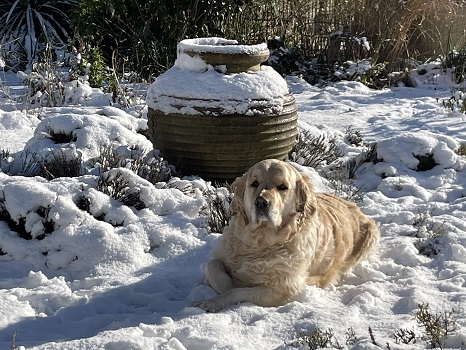
3) What’s on your current reading list?
I usually have a mix of fiction and non-fiction books on the go; books I’m reading for pleasure, for reference or interest, and as research. At the moment I’m reading Carolyn O’Brien’s The Song of Peterloo, a powerful and beautifully written novel about the 1819 Peterloo Massacre; The Aeneid, for insights into my WIP; and the first volume of Simon Schama’s brilliant history The Story of the Jews.
There are so many recent novels on my wish list, including the Costa winner Monique Roffey’s The Mermaid of Black Conch; A River Called Time by Courttia Newland, and V For Victory, the final book in Lissa Evans’ heart-breaking and hilarious trilogy.
4) Your book has been made into a feature film, you’ve been offered a cameo role, what would you be doing?
Most of my book takes place on the high seas and I’m not a great sailor, so it would have to be one of the land-based scenes. Purely to get a free trip to Mexico, I’d want to be one of the women we see as the book opens, at the Fair of the Manila Galleons in Acapulco. In the 16th century the Fair was a huge event, greeting the ships that brought the treasures of the orient to the New World.
As Maria makes her way through the crowd, she sees porters and slaves struggling under the weight of heavy merchandise; children watching acrobats; Indigenous musicians playing harps and flutes – and the ‘painted women’ weaving through them all, carrying paper parasols. I’d happily rouge my cheeks to be one of these shameless ladies.
5) If you could travel to the fictional world of any book for the day, which would you choose?
I’m currently immersed in the ancient world for my WIP, so I’d love to be transported to early Carthage of The Aeneid, to the vaulted halls of tragic Queen Dido. There, I’d recline on purple-covered couches, drink foaming wine from golden cups, and hear Aeneas’s anguished tale of the sack of Troy.
6) There’s a penguin sitting in your writing chair, what is the first thing he says to you?
‘I really don’t like this scene where the crew live off dried penguins for a month.’
I would like to say a big thank you to Nikki Marmery for sharing with us details of her writing life and for a wonderful interview.

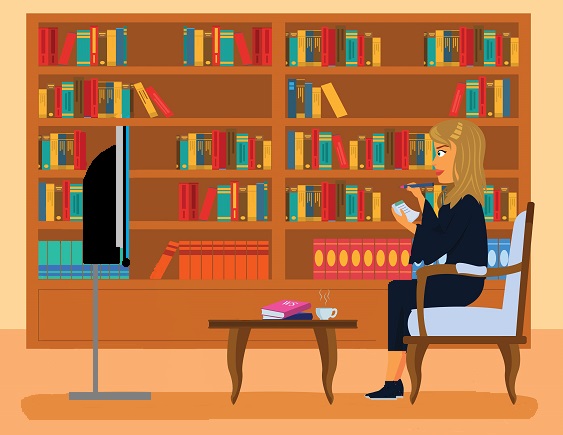
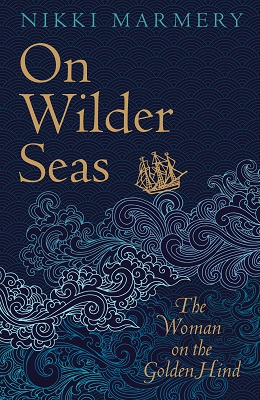




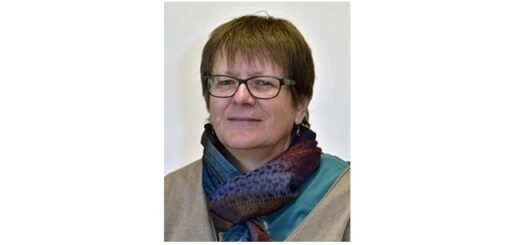
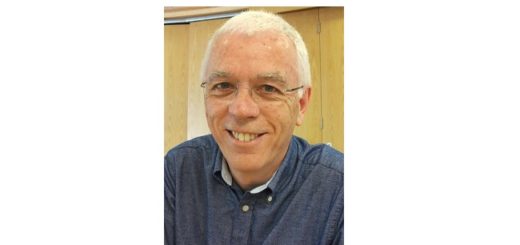
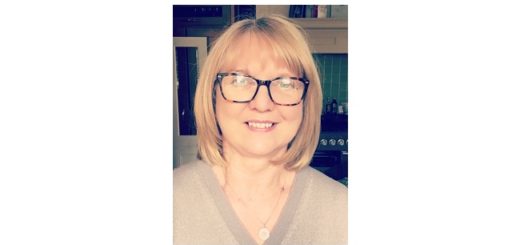

I am right there with her about Vonnegut and the absurdity of the human condition!
What an interesting piece of history to tease out and explore! Bravo! Great interview.
Awesome interview.
Love the sound of this book! What a fun interview.
Great interview
Great interview, and anyone that has a space for Vonnegut in their heart is definitely worth interviewing!
I would love to get to interview authors on my own blog some day – to be privy, first hand, to that insight must be great!
Great interview and a fascinating novel.
Great interview.
Lovely interview!
Great interview. I really enjoyed reading the background to Nikki’s novel and need to read it now!
I know, they are great quotes.
I completely agree, very interesting. Thanks.
Thank you. Glad you like it.
Glad you like the sound of Nikki’s book. Thanks.
Thanks. Glad you enjoyed it.
Thanks Phillip. Glad you like the interview. If you come up with some questions I’m sure authors would love to join you on your blog.
Thanks. I agree her novel sounds fascinating.
Thank you. Glad you liked it.
Many thanks. Glad you enjoyed reading it.
Thanks Kath. Glad you found it interesting and I hope you enjoy Nikki’s book.